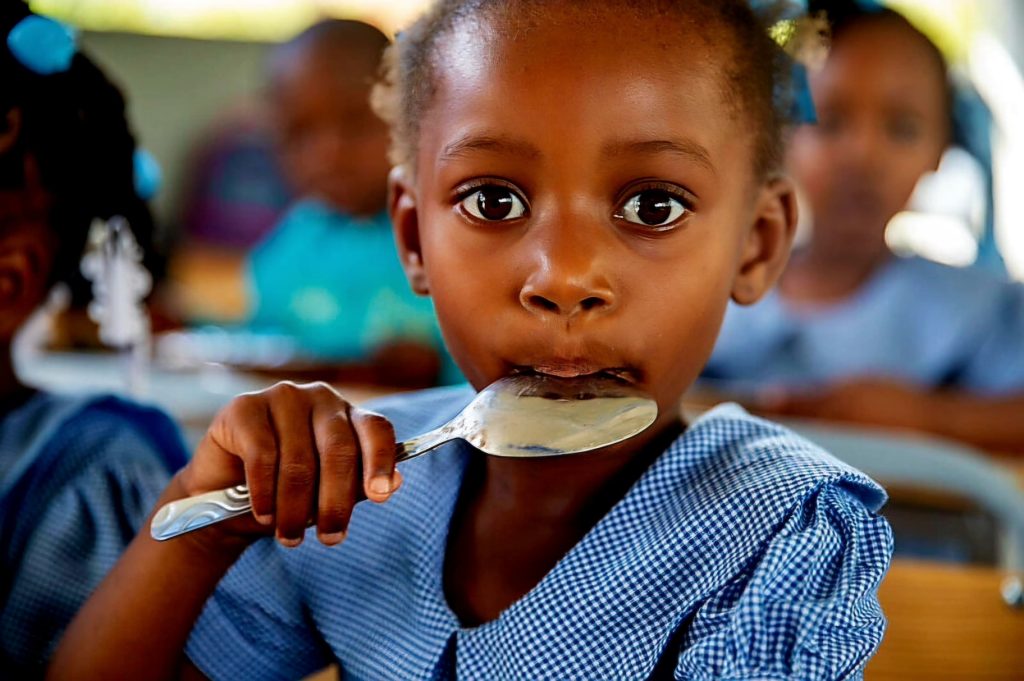The Bill & Melinda Gates Foundation has issued a pressing alert about the future health risks posed to children due to climate change. Their new report, “A Race to Nourish a Warming World,” highlights that by 2050, millions more children could face severe hunger, malnutrition, and disease unless urgent and comprehensive actions are taken.
The foundation’s report forecasts alarming trends if current conditions persist. It predicts that climate change will cause an additional 40 million children to suffer from stunting, a condition that severely impairs physical and cognitive development. Another 28 million children could face wasting, a critical state of malnutrition that leads to severe emaciation and weakness. The most recent statistics show that 148 million children are currently affected by stunting and 45 million by wasting.
Bill Gates, co-founder of Microsoft and a major advocate for global health, underscored that the issue of malnutrition is more widespread than commonly recognized. He pointed out that while acute food shortages, such as famines, are obvious contributors to malnutrition, inadequate dietary quality is also a significant factor that needs more attention.
Particularly concerning is the impact on children in Africa. The report notes a troubling decline in foreign aid to the continent, which has exacerbated the problem. Only 25% of global foreign aid now reaches Africa, a significant drop from 40% in 2010. Gates emphasized that this reduction in support has worsened since the COVID-19 pandemic, despite Africa’s large and growing young population, which represents significant potential for future development.
The economic implications of malnutrition are also severe. According to estimates from the World Bank, low-income countries lose between 3% and 16% of their GDP due to undernutrition, which impairs both physical and cognitive development. Addressing these issues is not just about improving health but also about stimulating economic growth.
The report advocates for substantial investments in nutrition as a crucial measure to address the impacts of climate change. It suggests several actionable strategies, including the adoption of advanced agricultural technologies to improve food security, fortification of staple foods to enhance nutritional quality, and the provision of prenatal vitamins to support pregnant women and their unborn children. These measures are intended to combat malnutrition effectively and build resilience against the adverse effects of climate change.

